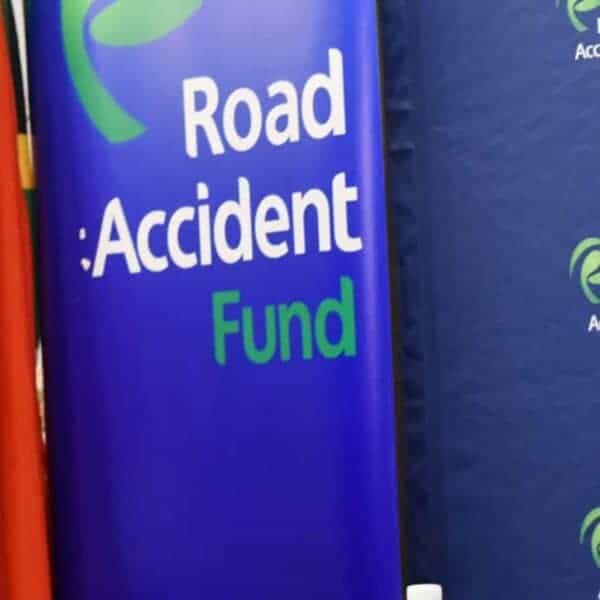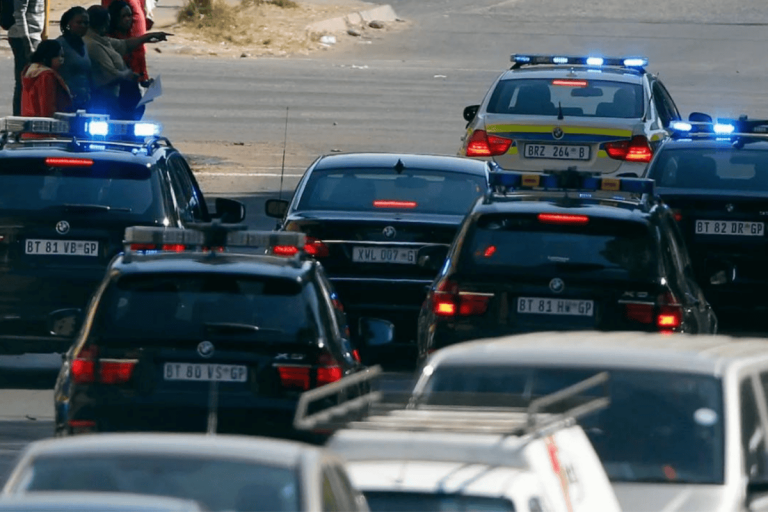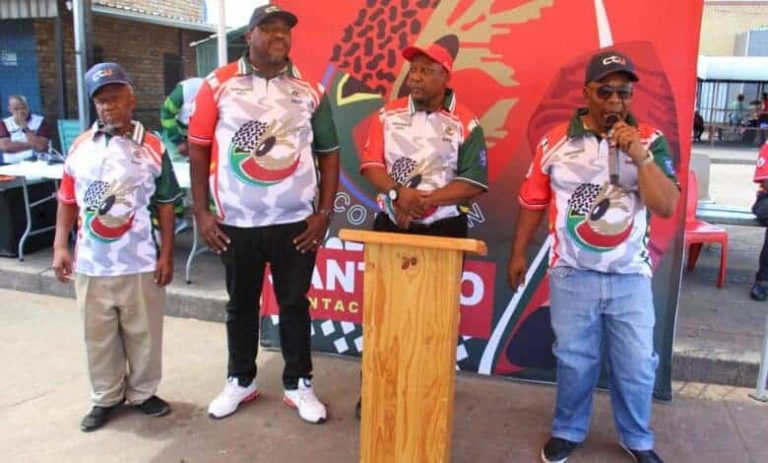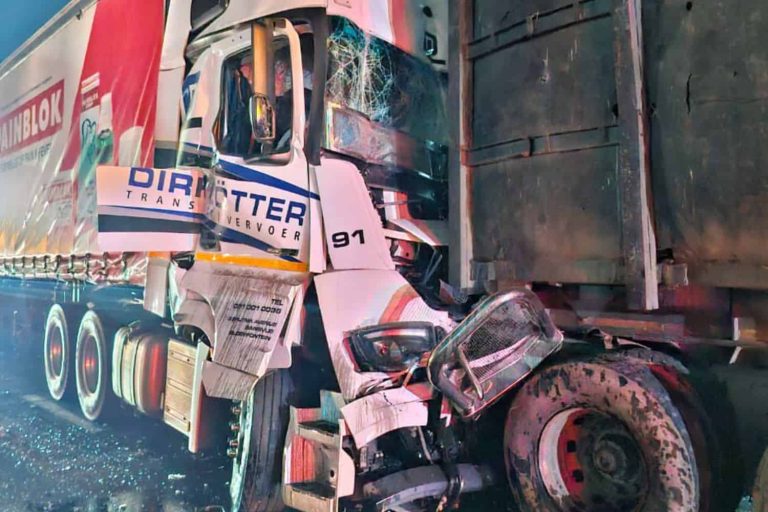
The embattled Road Accident Fund (RAF) has bankrupted service providers, such as the private Sunshine Hospital which treated accident victims, and also endangered crash victims by cutting off their access to private hospitals.
According to testimony before parliament’s standing committee on public accounts (Scopa), between 2013 and 2025, the hospital helped hundreds of patients referred by over 130 state hospitals, including Standerton and Kwamhlanga hospitals in Mpumalanga, which often lacked beds, equipment or theatre time.
A vital hospital brought to its knees
Kenneth Ford, co-owner and managing director of Sunshine Hospital in Benoni, Gauteng, which was collapsed by RAF’s failure to pay over R300 million debt, said they were the state hospitals’ lifeline and when the hospital shut down, that lifeline disappeared.
He said that from about 2013 until it closed its doors in May 2025, about 130 state hospitals, doctors and specialists approached Sunshine Hospital with urgent requests for medical assistance in the treatment of critically injured road accident victims.
“These requests arose due to challenges they faced, including a lack of capacity, shortage of specialists, faulty equipment and unavailability of medication or consumables,” he said in the affidavit submitted to Scopa.
Human cost of RAF’s dysfunction
Giving an example of the public health sector constraints that necessitated their service, Ford said a patient had been transferred from Kwamhlanga Hospital to their facility because there was no theatre time or beds available at the hospital.
He said that the patient spent 61 days in the public hospital without treatment before being transferred to their facility, where the patient was treated for nine days before being discharged.
ALSO READ: ‘Rot runs deep’ at the RAF, says former executive
The RAF, Ford testified, was aware of the constraints and challenges in the public health care system and had never refused any invoices for the referrals.
“The RAF’s dysfunction has caused enormous human and financial cost. It’s not just about invoices, it is about lives,” Ford said.
Decades of partnership undone
The hospital was sold on auction for R21 million in July due to the RAF’s refusal to settle the debt, despite multiple court orders compelling payment.
The RAF, which is funded through a fuel levy, stopped payments to the hospital after accusing it of fraud and corruption, but the RAF and its head of corporate communications, Macintosh Polela, were found by the High Court in Pretoria to have defamed the hospital group.
The hospital had hauled RAF and Polela to the court over claims that the company was involved in a “corrupt scheme” of transferring patients unlawfully and overservicing and overcharging their patients.
Ford said his facility, which had treated thousands of accident victims for over two decades, was crippled and that this left crash victims stranded and staff jobless.
“The RAF’s non-compliance with court orders and failure to honour its obligations destroyed a facility that provided critical care to road accident victims who had nowhere else to go,” Ford told Scopa.
The hospital, established in the early 2000s, had been working with the RAF since 2003, offering treatment to road crash victims, many of whom could not afford private care or were turned away by overwhelmed state hospitals.
ALSO READ: RAF grilled over R1-billion marketing contracts
According to Ford, the arrangement was formalised through a cooperation agreement signed in 2007, which allowed the facility to admit patients referred by the RAF and recover costs directly through “RAF2” supplier claim forms.
Court orders ignored and wasted millions
Although payments were often delayed, Ford said the partnership functioned until 2020, when the RAF suddenly stopped paying altogether.
He said by March 2020, all payments had ceased, plunging the hospital into a financial crisis, with over R353 million in debt.
The hospital took the RAF to court in December 2020 and won an order compelling the entity to pay the outstanding amount in monthly instalments of R36.9 million.
However, after sporadic payments, the RAF again defaulted, prompting further litigation, with Ford saying by July 2022, the High Court in Pretoria had granted judgment in their favour for R301 million.
The RAF tried to appeal this all the way to the Constitutional Court, but lost every time.
He told Scopa that the RAF’s repeated appeals, despite being dismissed with costs at every level, amounted to fruitless and wasteful expenditure exceeding R23 million in legal costs.
NOW READ: SIU uncovers R50m in ‘alternative’ RAF bank account



